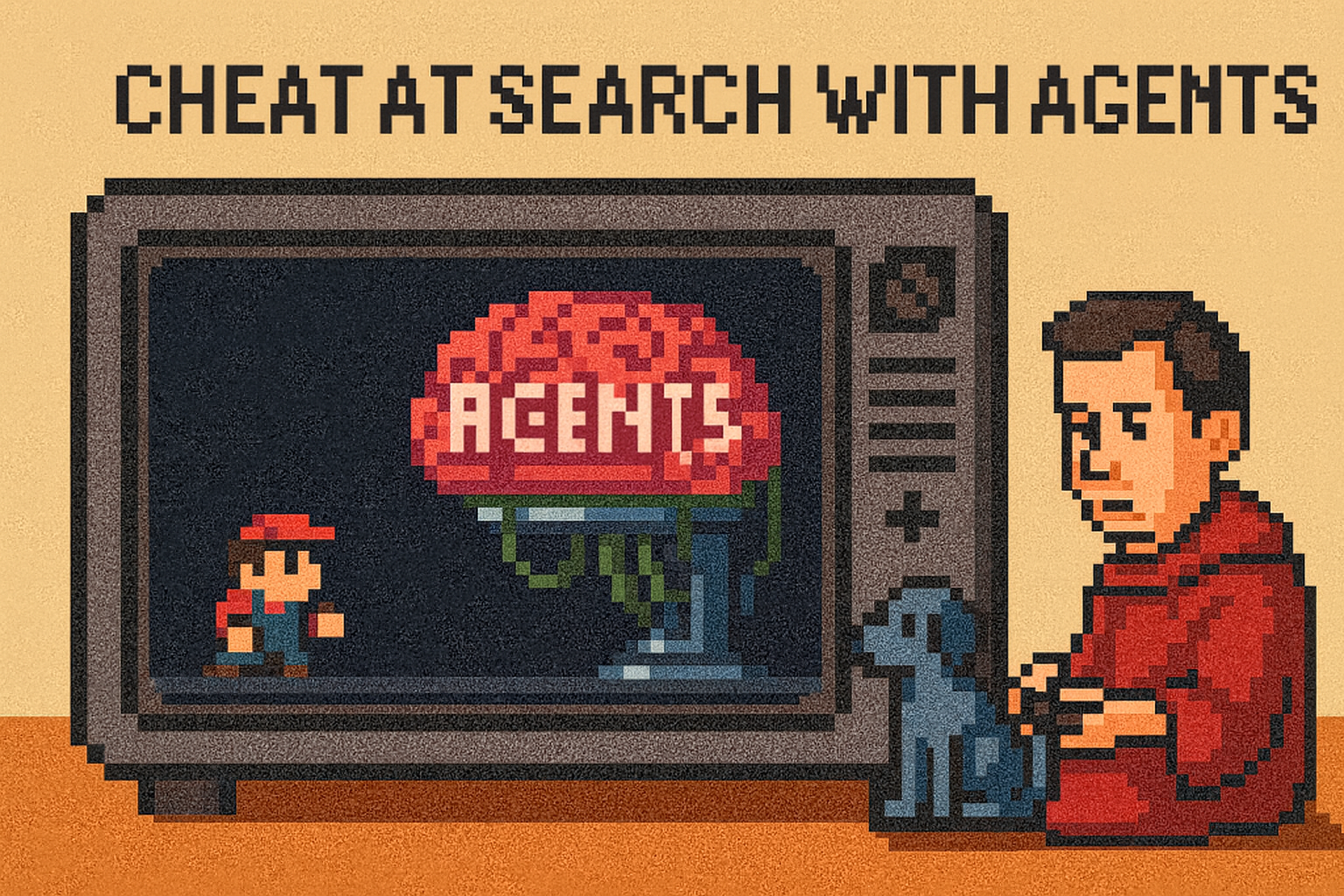Write to an audience, don’t write for them.
The audience’s response is a powerful tool. Their scrutiny of your writing gives you healthy skepticism towards your ideas. A useful counterbalance to ego.
Don’t aim to do the audience a “service” by writing. The audience can be wrong! For a variety of reasons, groups of people are not always so smart compared to individuals. There’s a dance between how individuals can be right or wrong and how groups can be right or wrong. That’s what makes writing so thrilling. Truth lies in the tension between the individual and group views, not in one or the other. Write to be understood by the audience, but not necessarily to be liked by them.
I’m not just talking about socially or politically controversial topics. Mundane prose about boring cut-and-dry topics, can be fraught with this tension between the individual’s thought and accepted groupthink. Writing about what something is leads to the risk that the group doesn’t share the same definition as you do. Or possibly the group is wrong, and has a set of cargo cult practices that don’t amount to much.
For example, the most boring Wikipedia pages have talk pages where details of the author’s understanding of the topic are challenged. Often, these are subtle details, but they lead to fruitful discussion about larger issues. If you work in technology, you’ll recognize this behavior when the newbie’s innocent “stupid question” leads to the big elephant in the room that none of the senior practitioners want to think about.
I’m not saying that you, the writer, exist to inform the audience of the error of their ways. To me, that’s not the point of writing. Arguments, especially written ones, almost never work to convince anyone of anything. This was the conclusion I came to after a good year of engaging people who disagreed with me over Twitter.
Even if it were to work, for many topics you might write about, changing the audience isn’t actually a useful goal. The audience is the means, not the end. Like one’s competitor in sports, a good audience sharpens your own understanding. Unless you’re a sociopath, you’ll feel that healthy smidgen of embarrassment at being challenged by real or even perceived criticism. You’ll second-guess yourself. And that’s the whole point. You’re writing to test your ideas, to test your conviction against the chance you might be wrong.
Don’t write to convince people. Instead, write because you’re hunting for the truth. The ‘truth’ lies somewhere between your ideas and the group’s accepted norms. The truth is, of course, elusive. You can’t claim access to absolute truth. Only degrees of refinement over years of expertise, debate, and engagement in your field of practice.
As you write more, this experience of being critiqued happens not just after you publish, but as you actively write. You hear all those voices criticizing your ideas as you refine what you’ve written. The debate plays out in your mind as you craft prose, letting you arrive at perhaps something closer to the truth before publishing. Yet still, when you publish, you hear unanticipated points of view challenging and pushing you in new ways.
Eventually, it becomes too easy to anticipate your audience’s useful critiques. You may seek to grow your audience, to push into new groups, hear different points of view. Learn from them all. They will show you the new and unique ways you may be wrong.
Here’s where you can encounter a huge risk: believing your own hype. ‘Growing an audience’ can mean being obsessed or vanity metrics: page views, inbound links, followers, and the like. You must always remember, you’re doing this to be made humble, NOT to chase fame, glory, and riches. To dare to ask hard questions, then to be made low. Not to be placed on a pedestal. You’re not writing to please an audience, or to satisfy your ego. You’re writing to test ideas against the audience, and even to arrive closer to your own understanding of the truth. In short, write to be wrong – not to be right!
With some of your writing, the audience may, indeed, cow-tow. They’ll decide, perhaps, you are “the expert”. You can be “trusted” in the field. But, this is a sign to push and dig deeper! To stretch even farther outside our comfort zone in your field. To take on bigger sacred cows. To make the audience a little uncomfortable again, instead of defaulting to acceptance of your so-called “expertise.”
It’s also a chance to find, amplify and support your critics. Like great competitors, the critics in your audience are the key to your ability to get closer and closer to the truth. They’re the key to remaining humble. They need support. They need a platform to challenge and disagree with you. Don’t ignore your critics. Thank them!
Whatever you do, don’t believe your hype. It’s the end of the line, a road to your own stagnation. Always stay thirsty, my friends. And, keep writing! The best path to the truth is to accept that improvement comes from regularly being wrong!
Special Thanks to Andrew Montalenti and John Berryman for reviewing this post and giving substantive edits and feedback!Enjoy softwaredoug in training course form!
Starting Feb 2!
 I hope you join me at Cheat at Search with LLMs to learn how to apply LLMs to search applications. Check out this post for a sneak preview.
I hope you join me at Cheat at Search with LLMs to learn how to apply LLMs to search applications. Check out this post for a sneak preview.
